The Finance and Budget Committee believes that building a specific mechanism for Ho Chi Minh City should avoid being too large in quantity but limited in weight and creativity.
On the morning of May 26, presenting the report on examining the Draft Resolution on piloting a number of specific mechanisms and policies for the development of Ho Chi Minh City, Chairman of the Finance and Budget Committee Le Quang Manh said the number of policies in the draft is quite large, with 7 groups of mechanisms and dozens of specific contents.
However, the drafting agency has not clarified whether such a broad policy scope is sufficient to remove the institutional and legal issues that are hindering the development of Ho Chi Minh City. The Finance and Budget Committee recommends that the draft be focused, avoiding spreading out, ensuring feasibility and avoiding stereotypes like other localities.
"Only include in the Resolution policies that are clearly based on practice and have clear content, focusing on truly breakthrough policies that effectively exploit the potential and strategic position of Ho Chi Minh City," said Mr. Manh.
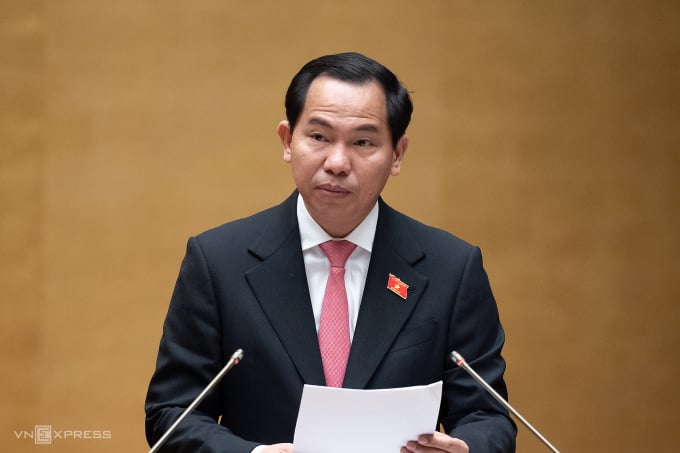
Chairman of the Finance and Budget Committee Le Quang Manh reviews the draft Resolution on piloting a number of specific mechanisms and policies for the development of Ho Chi Minh City on the morning of May 26. Photo: Pham Thang
According to the Finance and Budget Committee, the drafting agency needs to study to balance resources because the draft is focusing a lot on budget expenditure policies, while collection policies (such as taxes, fees), and resource exploitation are still limited. In the supreme supervision of the topic of practicing thrift and fighting waste, the National Assembly agency also found that Ho Chi Minh City still has many projects that have been slow to implement over many terms, causing waste of land resources. Therefore, Mr. Manh suggested that the city review and amend regulations and legal bases to free up resources.
The drafting agency also needs to pay attention to the large gap in income and benefits between workers in Ho Chi Minh City and other localities when developing incentive and attraction mechanisms; clearly stipulate in the implementation terms the work that needs to be carried out; assign specific responsibilities, avoiding the situation where the Resolution is issued but cannot be put into operation due to unclear basis.
Article 6 of the draft decentralizes the authority to the Ho Chi Minh City People's Committee to approve local adjustments to the general planning for functional area construction, general urban planning, and specialized technical infrastructure planning. However, a member of the Finance and Budget Committee proposed not to stipulate this content because Ho Chi Minh City has a special role and position, and planning adjustments need to be carefully considered.
Regarding the principle of compensation when the State reclaims land, there are opinions suggesting that it should be implemented according to the provisions of the law on land instead of using a separate mechanism to ensure consistency and avoid unfairness. In case of real necessity, the drafting agency should clearly stipulate specific factors and the basis for proposals to submit to the National Assembly to avoid overlapping provisions.
The Government proposed to allow Ho Chi Minh City to invest in the form of public-private partnership (PPP) for sports and cultural projects; apply BOT contracts for projects to upgrade, expand and modernize existing roads. A member of the Finance and Budget Committee suggested not to implement PPP for cultural relics and heritages because this is not a bottleneck that needs to be removed to spread.
The majority of opinions agree with the Government 's proposal to apply BOT contracts to investment projects in the construction, upgrading, expansion and modernization of existing road works. However, to ensure strictness, the drafting agency stipulates in detail the responsibility for selecting works that are truly suitable for the nature of BOT; the principle of ensuring rights and interests, not creating a tax and fee burden for the people, not increasing the cost of transporting goods; avoiding complaints.
In 2017, the National Assembly issued Resolution 54 with many specific mechanisms for Ho Chi Minh City to create new momentum for the city of 13 million people to make a breakthrough. However, after 4 years of implementation, the city has not received the expected results due to many obstacles from ministries and branches. Most of the specific policies on financial management to increase revenue such as equitization of state-owned enterprises and revenue from public asset auctions have not been implemented.
After the Government submits the draft resolution, the National Assembly will discuss it in groups and halls before pressing the button to approve it on June 24.
Son Ha - Viet Tuan
Source link







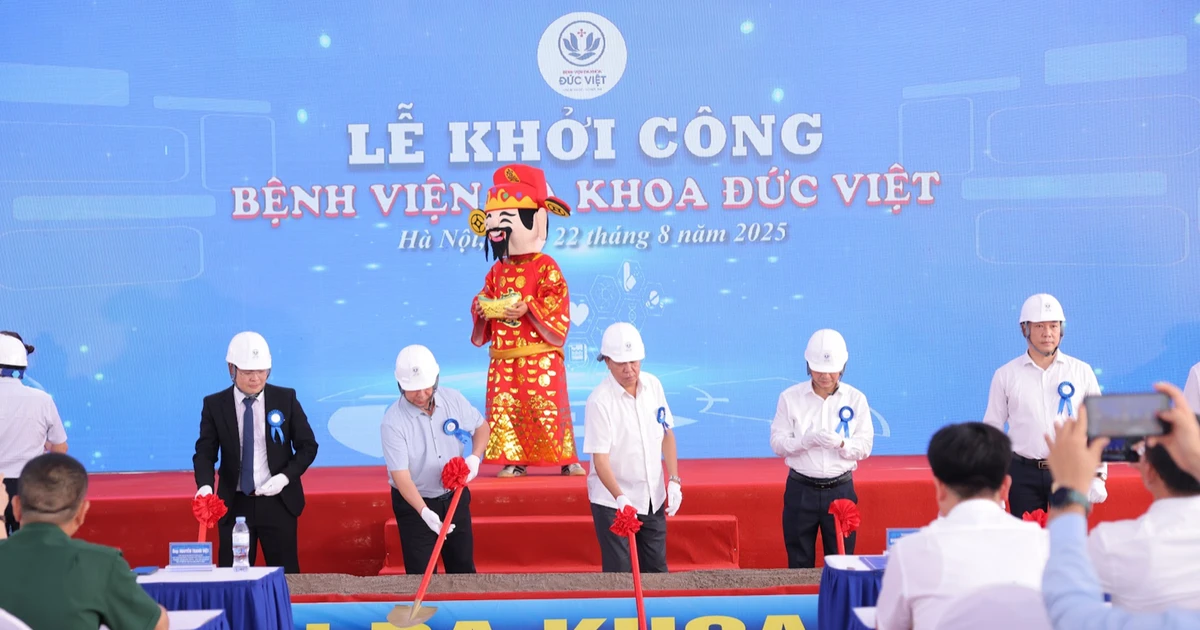


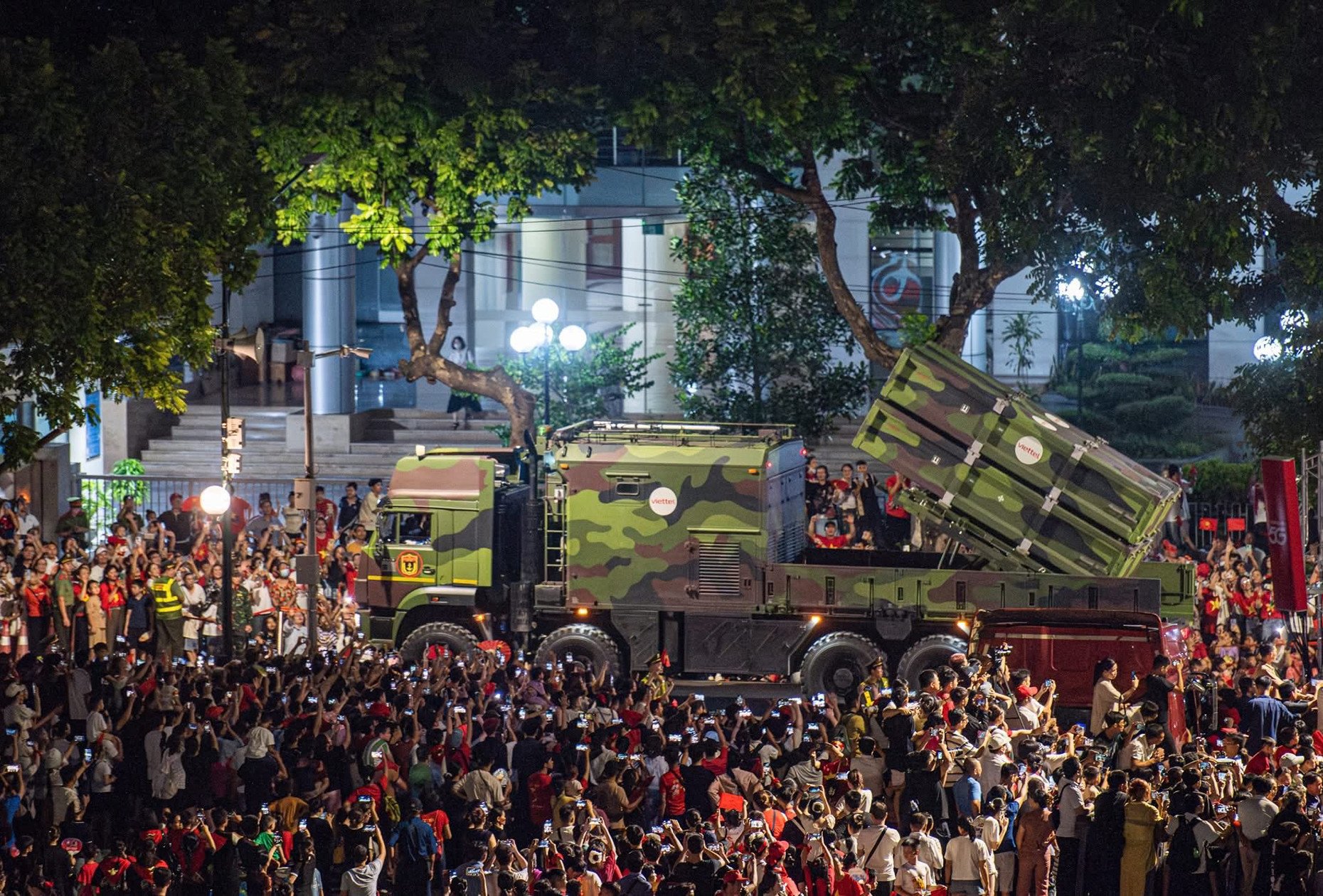












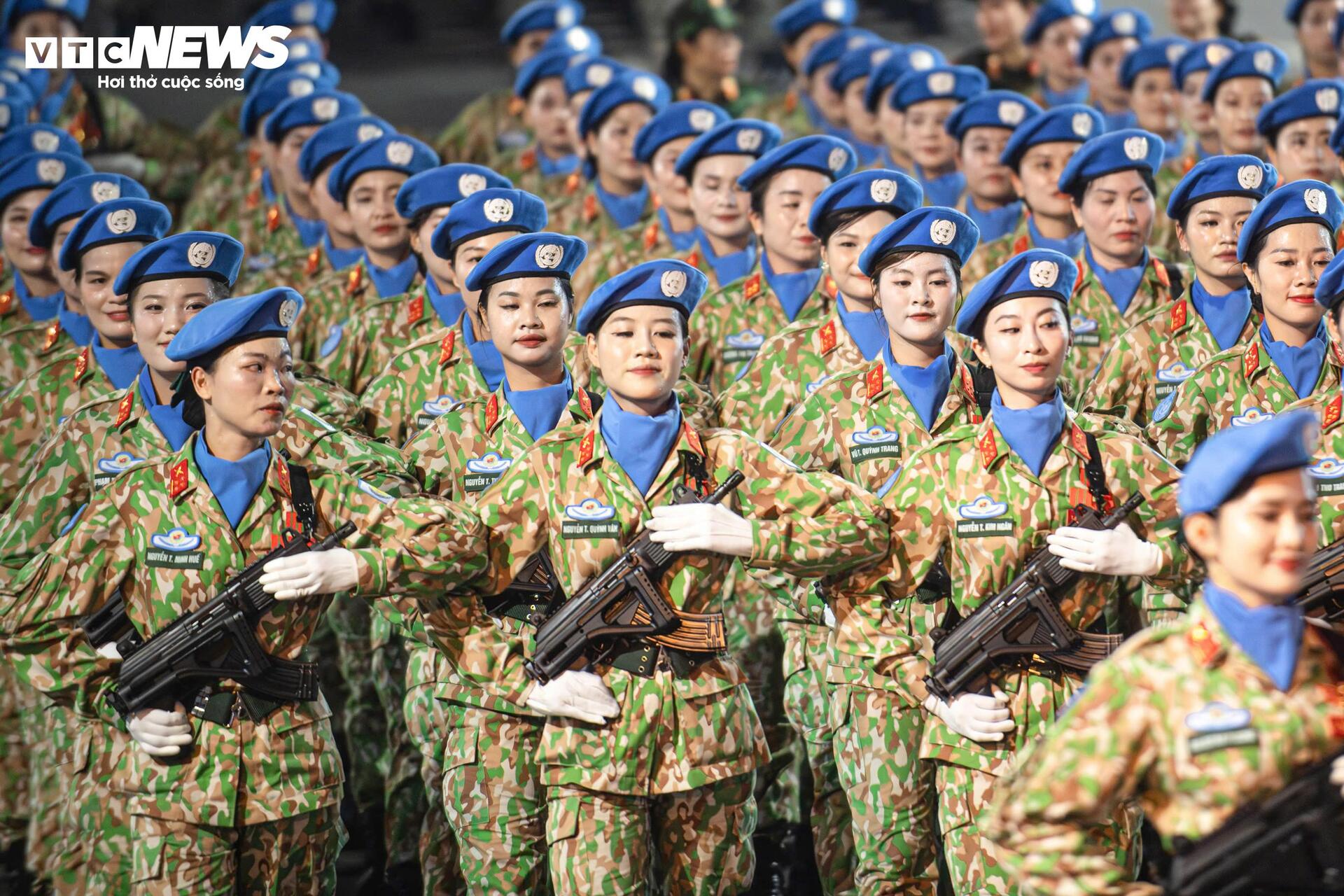
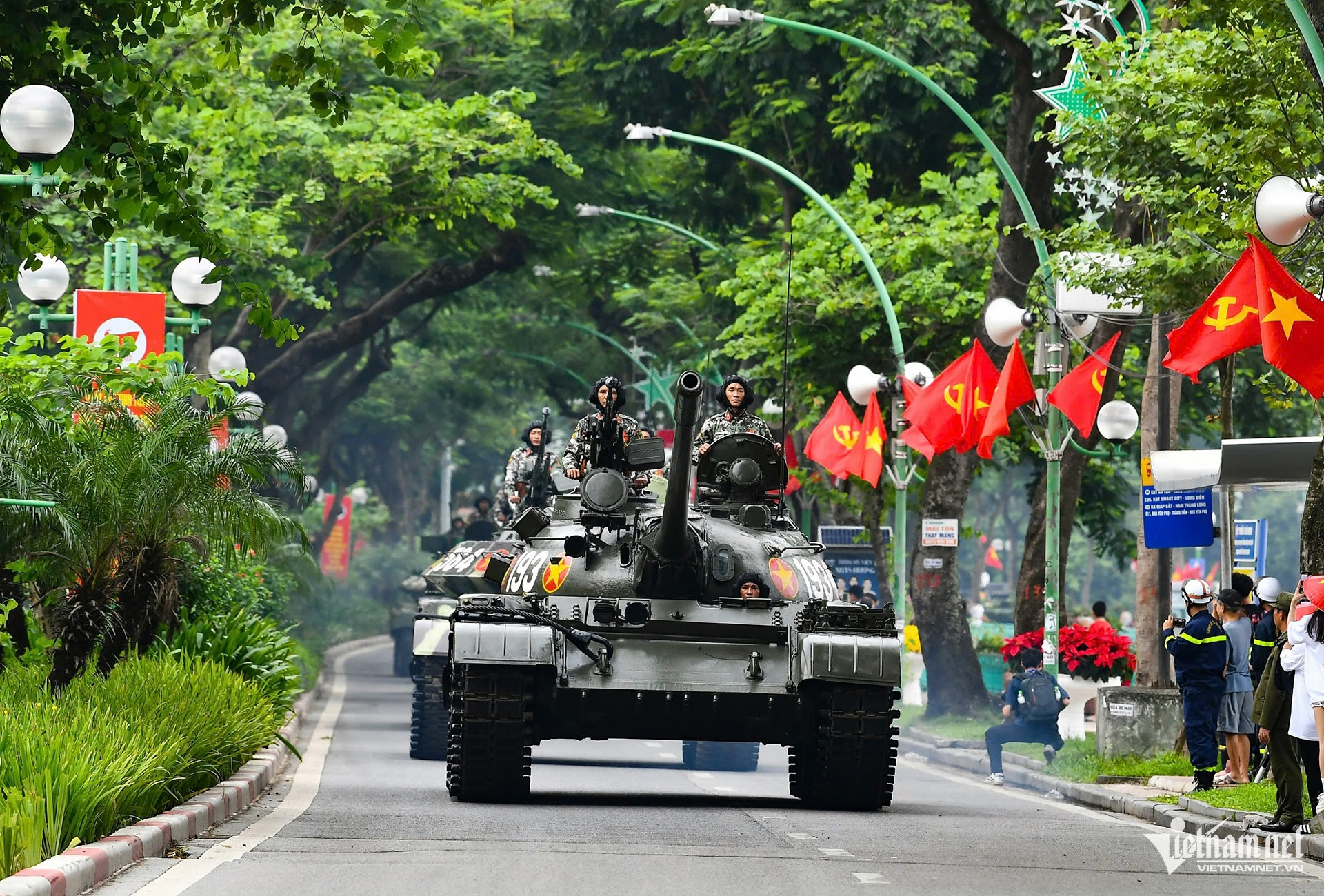

![[Photo] Scientific workshop "Trade unions with the task of participating in state management and building a socialist rule of law state"](https://vstatic.vietnam.vn/vietnam/resource/IMAGE/2025/8/22/789f6384ec37466098a8bcb531deb281)
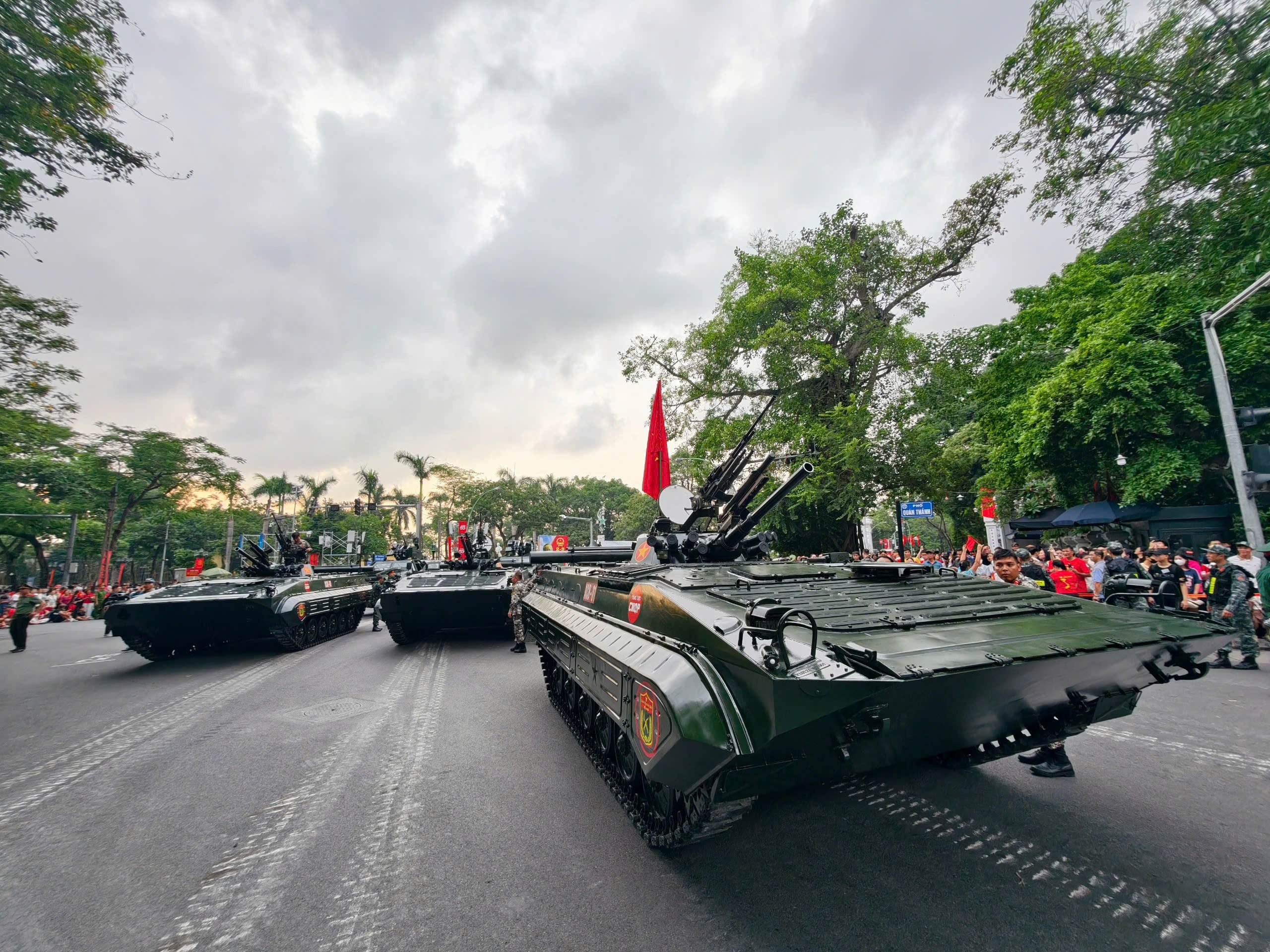


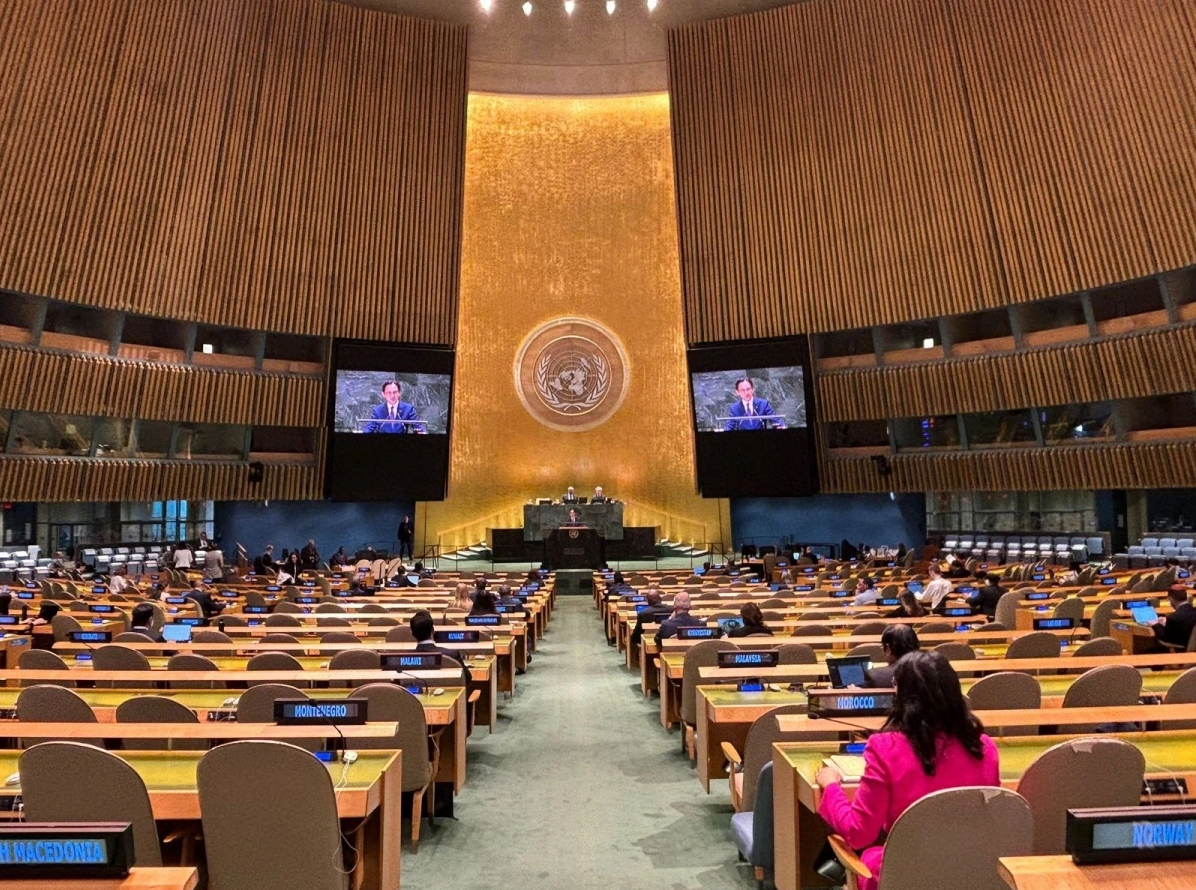


















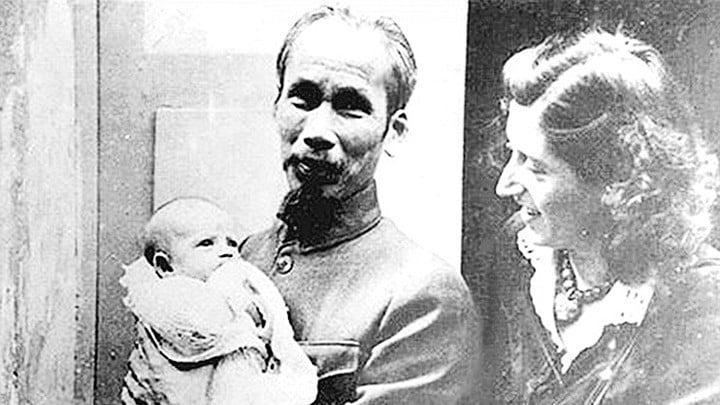















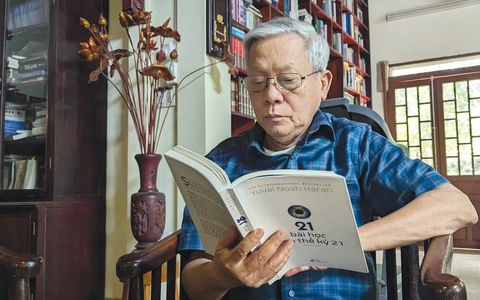
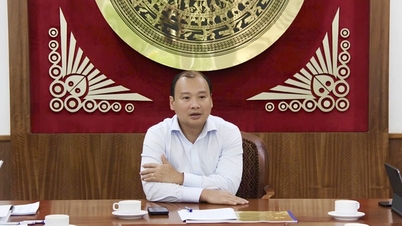



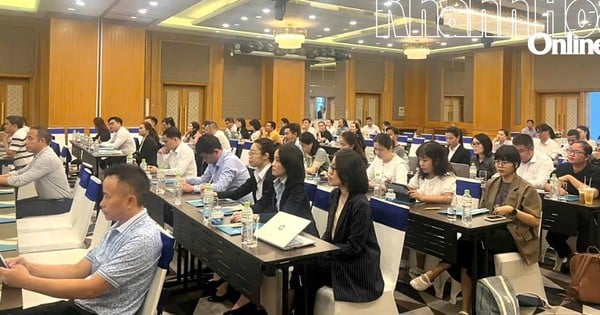
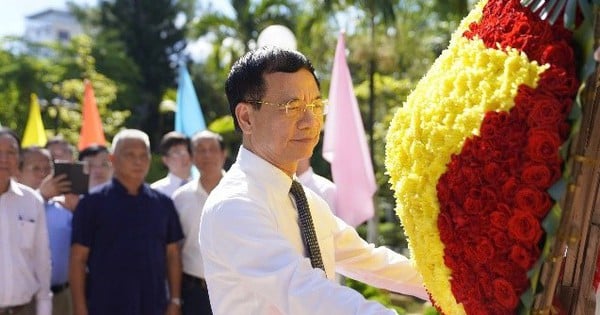


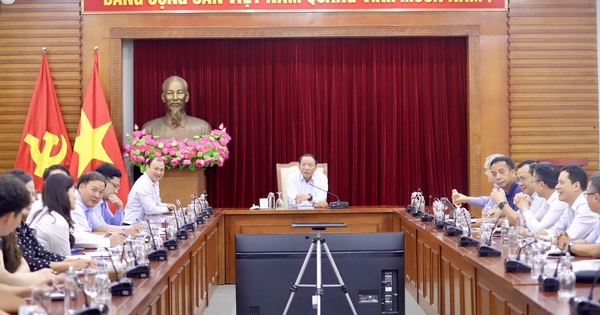
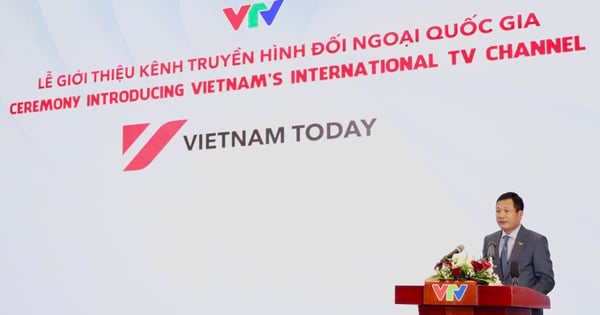













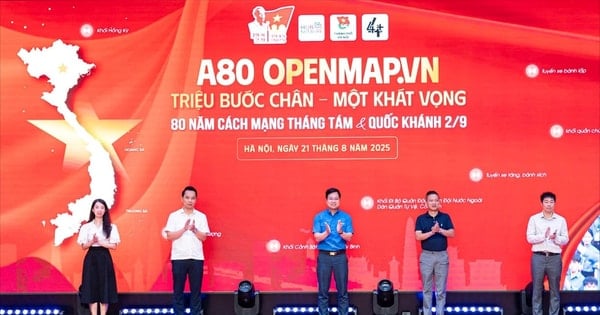

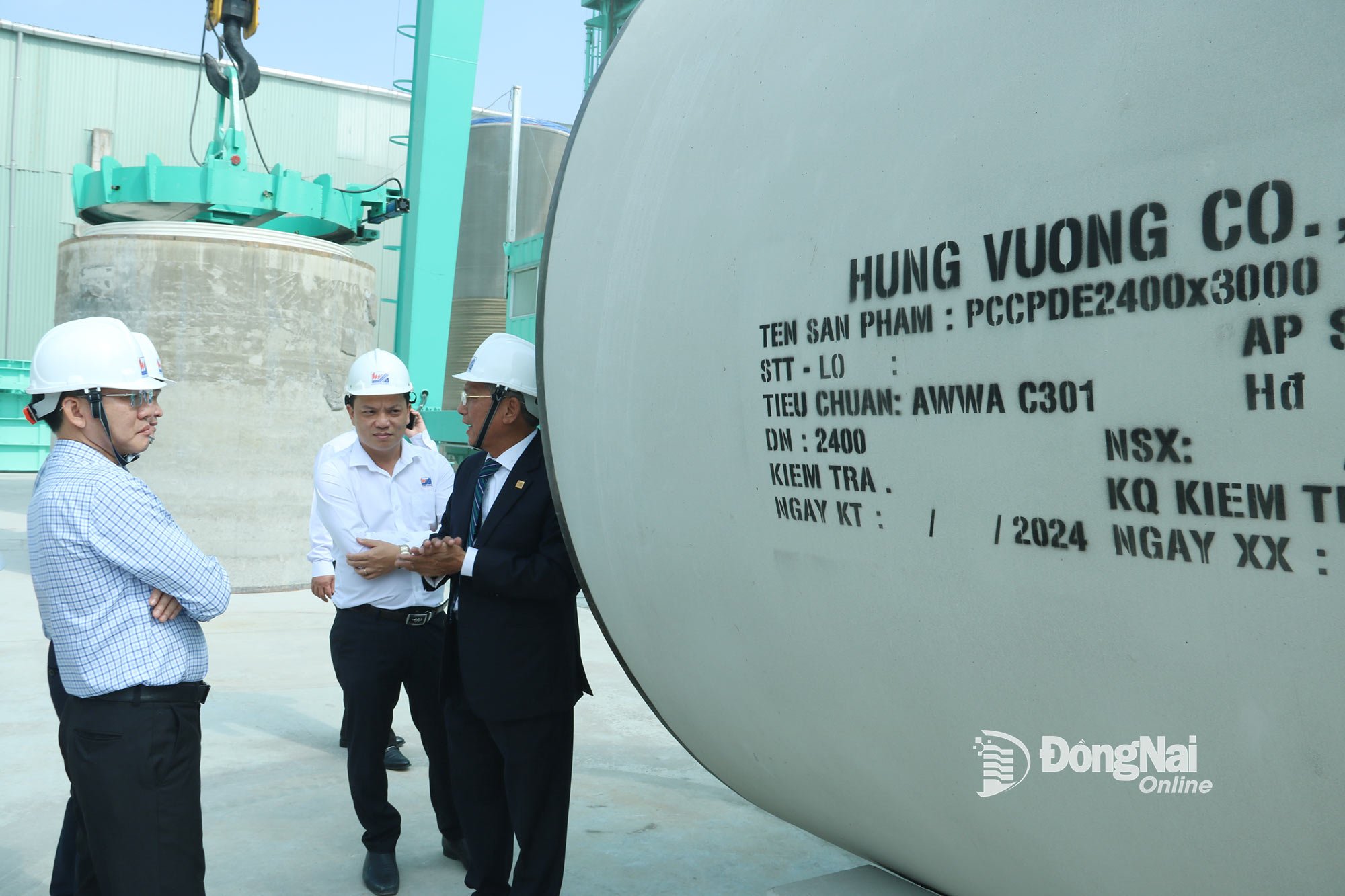






Comment (0)